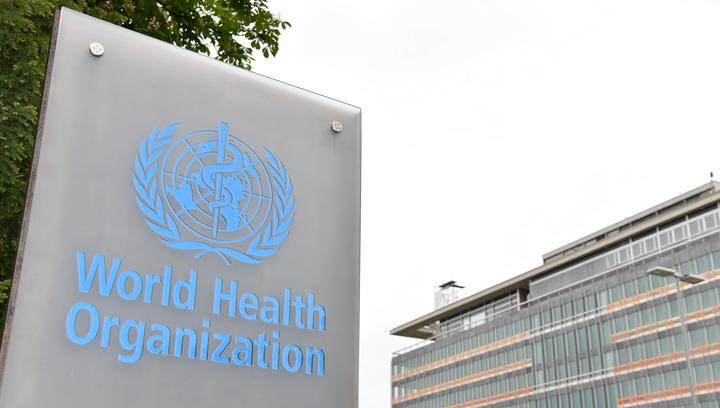Trump's WHO Exit: Implications for Global Health Leadership
Trump’s executive order to withdraw from WHO signals a major shift in global health governance, with potential ripple effects on international funding, diplomatic relations, and pandemic response capabilities. This move reflects broader ‘America First’ policies.

The decision by U.S. President Trump to withdraw from the World Health Organization (WHO) represents a significant turning point in global health governance. This withdrawal, which would take effect in January 2026, would make the United States one of only two nations alongside Liechtenstein not participating in WHO.
The financial implications of this decision are substantial. The U.S. currently contributes approximately $110 million in annual membership dues and has provided nearly $1.1 billion in voluntary contributions over 2022-2023, accounting for roughly one-fifth of WHO’s budget. This funding vacuum creates immediate challenges for global health initiatives and emergency response capabilities.
Beyond financial impacts, this move carries deeper strategic implications. The U.S. hosts 72 WHO collaborating centers, the most globally, whose future operations now face uncertainty. The power dynamics within WHO would shift significantly, potentially increasing China’s influence in global health governance.
The withdrawal also reflects broader geopolitical tensions. Trump’s administration has consistently criticized WHO’s handling of various health crises and its relationship with China. This stance aligns with his “America First” approach to international relations and skepticism toward multilateral organizations.
The European response bears watching. Some European nations harboring doubts about WHO might follow America’s lead, potentially triggering a cascade of reduced support. This could fundamentally reshape global health cooperation patterns established since WHO’s founding.
The immediate practical effects would impact global disease surveillance, vaccine development coordination, and emergency response mechanisms. WHO’s ability to coordinate international health efforts could be compromised without American expertise and resources.
This decision might also serve as leverage for demanding WHO reforms. The Trump administration could use the threat of withdrawal to push for organizational changes aligned with American interests, though this strategy carries risks for global health security.
The withdrawal ultimately raises fundamental questions about international health cooperation in an interconnected world. As pandemics and health challenges increasingly transcend borders, the implications of America’s potential absence from the world’s premier health organization could reshape how nations collaborate on health issues for decades to come.